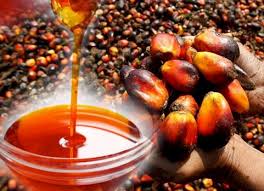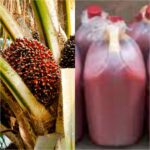Nigeria’s palm oil imports from Malaysia, a global palm oil giant, surged by 65.3% during the first nine months of 2023.
READ ALSO: Nigeria Fails To Pluck Low-hanging Fruits, Imports N300bn Palm Oil In 6 Years
Join our WhatsApp ChannelAccording to data from the Malaysian Palm Oil Council as reported in PUNCH, the Nigeria’s palm oil imports from Malaysia skyrocketed to 234,324 metric tons between January and September 2023, compared to 141,786 MT during the same period in 2022, marking a substantial increase of 92,538 MT.
The report also shed light on the top 10 major importers of Malaysian palm oil, with India, China, Kenya, Netherlands, Japan, and Turkey making the list.
However, despite these figures, a pertinent question arises: Why are Nigerians turning to imports, even with government efforts to boost local production through a 35% tariff?
To answer this, experts are advocating increased investment in palm oil exploration as a means to halt excessive palm oil importation, boost Nigeria’s GDP, and finally bridge the gaping demand-supply chasm.
Nigeria’s palm oil output is estimated to range between 900,000 to 1.3 million MT, while imports cost over N500 billion annually, and the national demand stands at 2.1 million MT. This supply gap is estimated at approximately 800,000 MT, underscoring the need for increased local production.
Despite ongoing efforts, Nigeria, as noted by the National President of the All Farmers Association of Nigeria, Kabir Ibrahim, is yet to attain food sufficiency.
In this light, the surging palm oil imports raise important questions about Nigeria’s economic strategies and the balance between supporting domestic industries and satisfying consumer demands.


















Follow Us